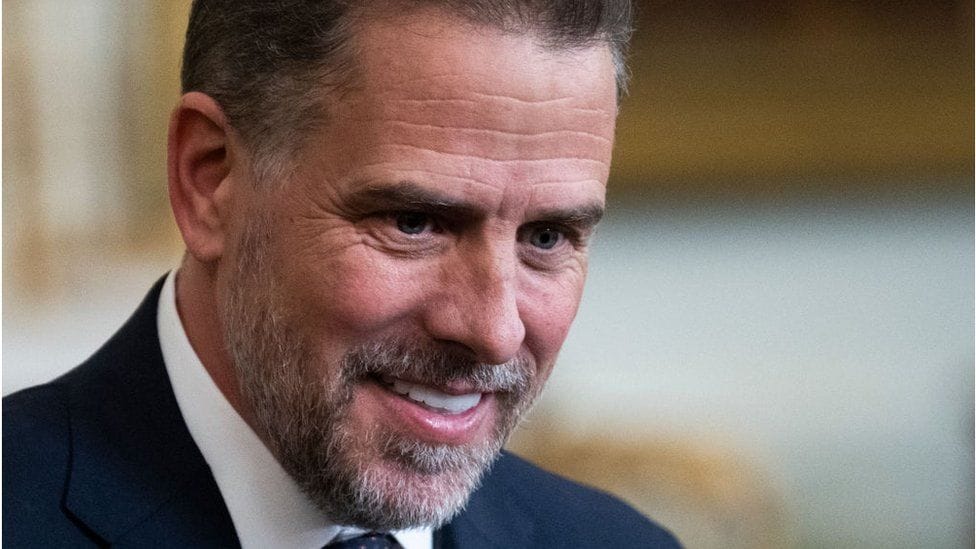In a recent statement, House Speaker Mike Johnson emphasized the need for conditions to be attached to federal aid intended for California’s wildfire recovery efforts. This proposal arises in the context of ongoing discussions about how best to allocate resources to assist communities affected by the devastating wildfires that have swept through the state in recent years. Johnson’s remarks reflect a growing concern among lawmakers regarding the management of federal funds and the effectiveness of disaster recovery programs.
The wildfires in California have become increasingly severe, fueled by climate change, drought conditions, and forest management practices. As communities grapple with the aftermath of these disasters, the federal government has been called upon to provide financial assistance to support recovery and rebuilding efforts. However, Johnson’s proposal suggests that simply providing funds may not be sufficient to address the underlying issues that contribute to the frequency and intensity of wildfires.
In his statement, Johnson indicated that any federal aid should be contingent upon the implementation of specific measures aimed at improving forest management and enhancing community resilience. These conditions could include requirements for local governments to develop and enforce stricter building codes, invest in fire prevention infrastructure, and engage in proactive forest management practices. By placing these conditions on aid, Johnson argues that the federal government can help ensure that funds are used effectively and that communities are better prepared for future wildfire events.
The proposal has sparked a debate among lawmakers and stakeholders in California. Supporters of Johnson’s approach argue that it is essential to hold local governments accountable for their disaster preparedness and response efforts. They contend that without such conditions, federal funds may be mismanaged or used ineffectively, ultimately failing to provide the intended support for communities in need.
On the other hand, critics of the proposal express concern that imposing conditions on aid could delay the recovery process for communities already struggling to rebuild. They argue that immediate assistance is crucial for those affected by wildfires, and that adding bureaucratic hurdles could hinder the timely delivery of necessary resources. Additionally, some stakeholders worry that the conditions proposed by Johnson may disproportionately impact low-income communities that may lack the resources to comply with new requirements.
As discussions continue, it is clear that the issue of wildfire recovery in California is complex and multifaceted. The state has experienced a significant increase in the frequency and severity of wildfires in recent years, leading to widespread destruction and displacement. In response, state and federal officials have been working to develop comprehensive strategies to address the challenges posed by wildfires, including improved forest management practices, enhanced emergency response capabilities, and increased funding for recovery efforts.
The federal government has already allocated significant resources to assist California in its wildfire recovery efforts. However, as the state faces ongoing challenges related to climate change and environmental degradation, the need for a more strategic approach to disaster recovery has become increasingly apparent. Johnson’s proposal for conditional aid may represent a shift in how federal resources are allocated, emphasizing the importance of accountability and long-term planning in disaster recovery efforts.
In the coming weeks, lawmakers will likely continue to debate the merits of Johnson’s proposal and its potential impact on wildfire recovery in California. As the state prepares for another wildfire season, the urgency of addressing these issues cannot be overstated. The decisions made by federal and state officials will have lasting implications for the communities affected by wildfires and their ability to recover and rebuild in the face of future challenges.
Ultimately, the conversation surrounding federal aid for California’s wildfire recovery highlights the need for a collaborative approach that involves local, state, and federal stakeholders. By working together to develop effective strategies for disaster recovery and prevention, officials can help ensure that communities are better equipped to withstand the impacts of wildfires and other natural disasters in the future. As the situation continues to evolve, the focus will remain on finding solutions that prioritize both immediate relief and long-term resilience for California’s vulnerable communities.



